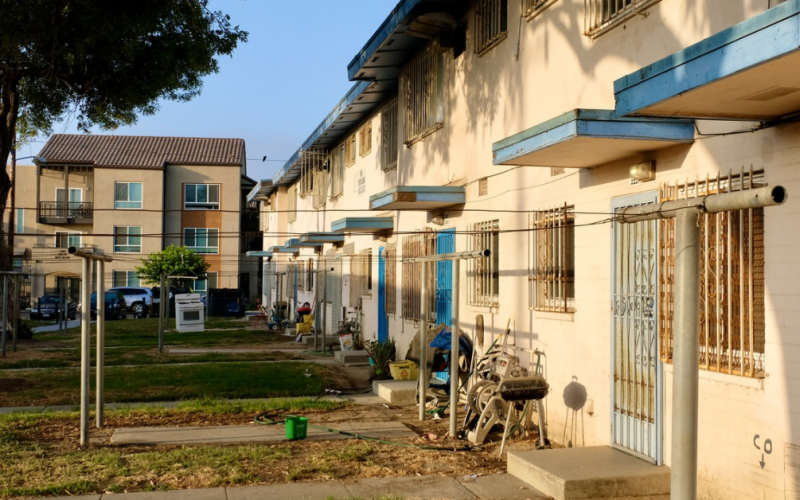As California continues to stiffen requirements on cities of all stripes to increase their housing stock – particularly for low-income residence – wealthy Bay Area enclaves are leaning heavily on a loophole to avoid the stereotypical ills that follow low-income housing projects.
Their silver bullet? Poaching developmentally disabled residents to fill up these housing units.
The big picture: Bay Area towns are considering a plan to prevent the development of new housing units in order to address the region’s housing crisis and maintain the area’s unique character.
- On January 30th, the town of Hillsborough held a meeting to address the housing plan to meet state-mandated housing targets. As they failed to submit a proposal by February 1st, the question is still up in the air for how this will be handled.
- There has been a loophole, proposed by floated by one Hillsborough resident during a recent city meeting, that would provide a segregated development specifically for developmentally disabled adults. By doing so, residents in the community believe it will prevent unwanted “low-income” neighbors.
- The resident’s support for his proposal, as reported by the San Francisco Chronicle, is that this would provide a safe place for developmentally disabled people as they “do not commit crimes, they don’t bring drugs, they don’t bring trouble. They don’t bring all the lunatic stuff that goes along with it.”
What we are watching: With the housing development plan still on the table, Hillsborough has seen Woodside Town Council member Dick Brown support the loophole around low-income housing and pitched it to his city. By doing so he pointed to the blueprints in Portola Valley for Willow Commons. Attorney Navneet Grewal presented many counters as to why Willow Commons should be continued with much caution for legal reasons.
- Willow Commons will bring 13 housing units to Portola Valley satisfying their low-income housing requirements. Additional traffic will not be an issue as Willow Commons residents will not commute and will support local businesses for employment needs.
- The issues that arise with a blueprint like Willow Commons are creating major questions as to if this project should be seen through. The project may run into legal issues as it is restricting housing to only one type of person, according to Grewal, attorney at Disability Rights California. Grewal shared that the need for developmentally disabled adult housing is “significant, but we believe that the housing needs to be integrated.”
- The ideas that have been proposed in both Hillsborough and Woodside meetings may run into violation of segregated housing as well seeing that it puts developmentally disabled adults in one house while separating them from others. Grewal added that using disabled adults with disabilities to avoid lvery-low-income housing is offensive.











